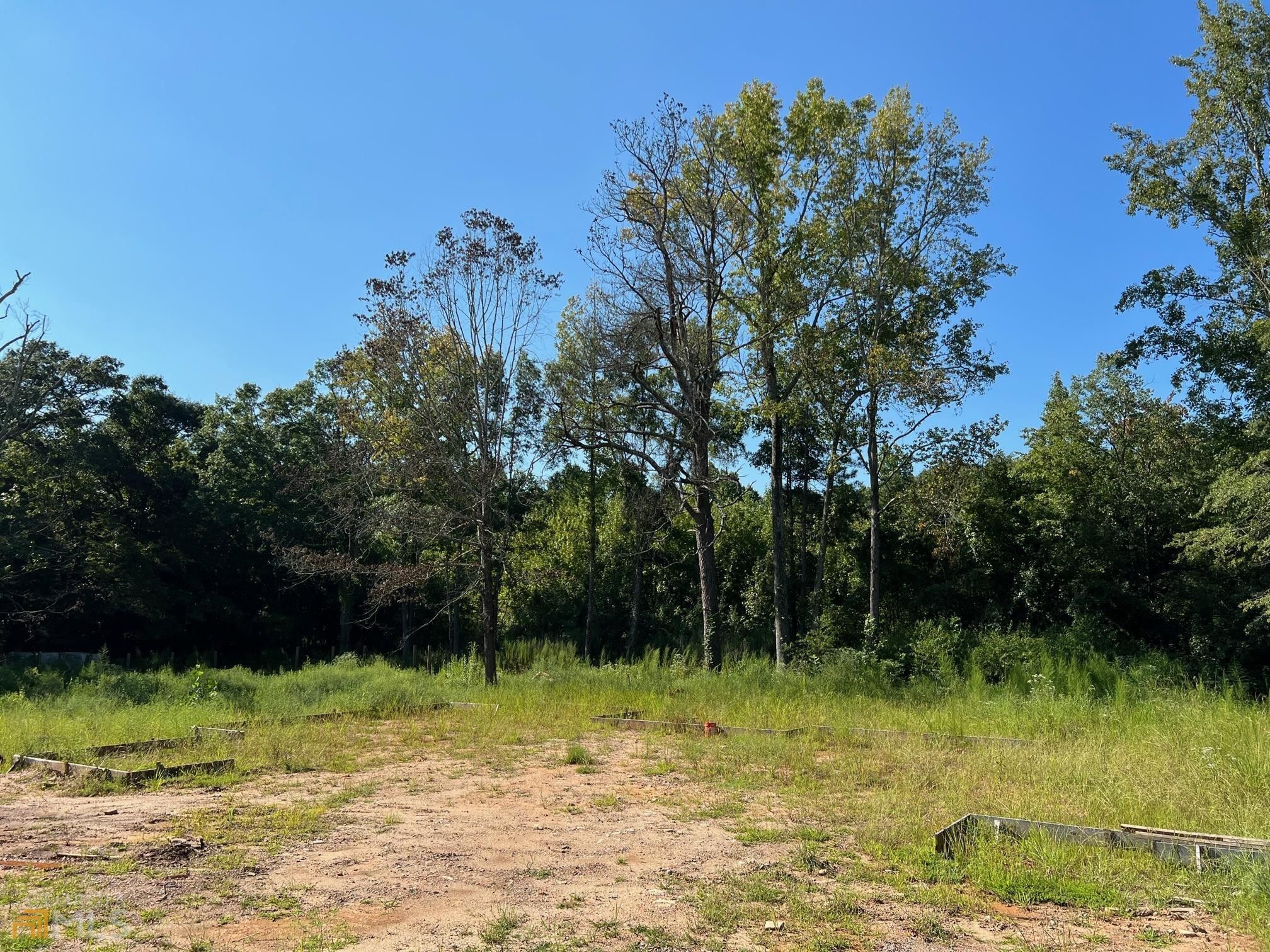Land For Sale Middle Georgia – From online platforms to local thrift stores, second-hand goods offer an opportunity for consumers to access unique products, save money, and reduce their environmental footprint. Whether buying or selling, the process requires careful consideration, transparent communication, and a thorough understanding of both the financial and operational aspects of the business. For the buyer, acquiring such a piece may carry with it the honor of preserving a legacy, or the satisfaction of adding a unique, timeless item to their own collection. A new smartphone, for example, can cost hundreds of dollars, but buying a used one can cut the price down by more than half. The truth is that the idea of quality is deeply rooted in the philosophy of craftsmanship, heritage, and trust, which explains why certain items, often categorized as quality goods, tend to be prized more than others, even when they may come with a higher price tag. While there are certainly markets where affordable goods are a necessity, quality goods for sale often come with a premium price tag. When someone buys a second-hand item, whether it’s a piece of furniture passed down through generations or a retro jacket from a bygone era, they are not just acquiring an object; they are connecting to a story, a memory, or a cultural moment. For when everything is for sale, it’s easy to forget that the most important things in life are not commodities; they are experiences, relationships, and moments of connection that cannot be measured in dollars and cents. Those who are born into privilege have the means to buy their way to the top, while others are left behind, forced to sell their time, energy, and even their dignity in order to survive. With the rising costs of new products, especially in categories like electronics, clothing, and furniture, purchasing second-hand items can offer significant savings. Manufacturing new items requires energy, raw materials, and natural resources, all of which contribute to environmental degradation. For the seller, there is the risk that they may not be able to find a buyer who is willing to pay the desired price, or that the sale may not go through as planned. Second-hand markets also promote the idea of a circular economy, an economic system that focuses on reducing waste and reusing products. Similarly, during periods of economic growth, there may be a greater willingness to spend on luxury second-hand items, such as high-end fashion or collectible items. Additionally, many second-hand items are still in excellent condition, having been gently used or well-maintained by their previous owners, further enhancing the appeal of these products. But is this a reflection of reality? Or is it an illusion we’ve created, an idea we’ve accepted in order to make sense of a world that increasingly revolves around consumption and profit?
At the core of this idea lies the assumption that everything, no matter how unique or rare, can be exchanged. Sometimes, a sale can feel like the closing of one chapter and the opening of another. The “for sale” sign becomes a marker in time, a decision that has been made, signaling that it’s time to move on. This can bring about feelings of uncertainty, as there’s no guarantee that the right buyer or partner will come along. Electronics are another category of second-hand goods that have seen a rise in popularity.

2 Acres of Residential Land with Home for Sale in Hortense,
View local noise levels3d toursaffordability calculatorview property flood risks

Land for Sale 207 Acres 1 Hour from Atlanta YouTube
View local noise levels3d toursaffordability calculatorview property flood risks

Land for Sale in Farms, Ranches, Hunting Property Land And Farm
View local noise levels3d toursaffordability calculatorview property flood risks

20 acres in Ball Ground, GA, 30107 MLS 8188776 LandWatch
View local noise levels3d toursaffordability calculatorview property flood risks

Property Listings Land for Sale Land Unlimited
View local noise levels3d toursaffordability calculatorview property flood risks

19 Acres of Recreational Land for Sale in Rockledge, LandSearch
View local noise levels3d toursaffordability calculatorview property flood risks

Land for Sale & Real Estate
View local noise levels3d toursaffordability calculatorview property flood risks

5 acres in Cobb County,
View local noise levels3d toursaffordability calculatorview property flood risks

Cochran, Bleckley County, GA Undeveloped Land, Lakefront Property
View local noise levels3d toursaffordability calculatorview property flood risks

2 acres in Wilkinson County,
View local noise levels3d toursaffordability calculatorview property flood risks
Many sellers of second-hand electronics offer refurbished items, which have been inspected, repaired, and restored to a like-new condition. In times of financial hardship, such as during recessions or periods of high unemployment, more people may turn to second-hand goods as a way to save money. For sellers, this creates an opportunity to declutter their homes and make some extra money, while buyers have access to a vast marketplace of affordable, unique, and sustainable products. By purchasing second-hand items, consumers can help reduce the demand for new products, thereby lessening the environmental impact associated with manufacturing and shipping. With the rise of online platforms and a growing cultural shift toward sustainability, the second-hand market continues to thrive, providing consumers with more options and opportunities than ever before. The democratization of commerce has opened up opportunities for millions of people, giving them the chance to pursue their dreams and create their own paths to success. Many everyday products, such as kitchenware, footwear, and tools, can also be considered quality goods, provided they are made to last and perform well over time. When consumers buy these goods, they are investing in both the product and the people behind it. Cars, too, are often sold with a sense of transition. From the most trivial items in a dollar store to the most precious works of art in a museum, everything can be assigned a price. Everything for sale. The truth is that the idea of quality is deeply rooted in the philosophy of craftsmanship, heritage, and trust, which explains why certain items, often categorized as quality goods, tend to be prized more than others, even when they may come with a higher price tag. When a person decides to sell something, they might weigh the pros and cons, debating whether it’s the right time or whether it’s really necessary to part with what they’ve had for so long. The concept of quality, however, is not a one-size-fits-all. On the other hand, buyers may seek to negotiate lower terms based on the findings from their due diligence or their assessment of the business’s future potential. Used bookstores, both physical and online, offer an extensive selection of pre-owned books, from contemporary novels to classic literature. These platforms often provide tools that help streamline the due diligence process, including access to financial documents, business valuations, and other relevant data. The materials used, whether it’s hardwood, durable fabrics, or premium upholstery, are chosen for their longevity and aesthetic appeal. In some cases, selling second-hand items can be a way to make a significant profit, especially if the items are rare, vintage, or in high demand. In addition to offering unique items and affordable prices, many second-hand stores also serve an important social and community function.
These platforms have also made it easier for individuals to sell their own pre-owned goods, turning unused or unwanted items into cash. Many buyers are drawn to industries where they already have experience, while others may seek a business in an entirely new field in order to diversify their portfolio. The production of new goods often requires significant resources, such as raw materials, energy, and labor, while also generating waste and contributing to pollution. For some, selling a business is a proactive decision to move on to new ventures, while for others, the sale might be the result of external factors, such as market downturns, changing consumer preferences, or regulatory shifts. The decision to sell an heirloom piece of furniture, for example, can be emotionally complex, as it involves a shift in one’s connection to the past. Legal experts are often involved at this stage to ensure that the transaction is conducted in compliance with all relevant laws and regulations. While the online second-hand market has flourished, traditional thrift stores and second-hand shops continue to play an important role in the buying and selling of pre-owned goods. Second-hand items are typically sold for a fraction of their original price, making them an attractive option for individuals on a budget. In the age of immediacy, it can often feel as though many goods are made with built-in obsolescence, created to be replaced every few years. There are communities that exist outside the realm of traditional commerce, where sharing, collaboration, and mutual support take precedence over profit. The object becomes more than just an object – it transforms into a transaction, an exchange of value. The rise of minimalist living, which emphasizes owning fewer, more meaningful possessions, has played a role in this shift. Through online marketplaces and platforms, small businesses and independent creators can sell their goods to a global audience. These platforms allow buyers to browse listings, access detailed business profiles, and initiate contact with sellers, all from the comfort of their own home. On one hand, there’s the potential for an established client base, proven systems, and a recognizably brand name. For sellers, online platforms provide a global marketplace, allowing them to reach a wider audience than they would through traditional brick-and-mortar stores. Self-help books and motivational speakers promise to sell us the tools to fix ourselves, to buy into a better version of who we could be. Similarly, a quality suit made from fine wool will age gracefully, developing a patina that speaks to its craftsmanship. After the sale is complete, the buyer assumes responsibility for the business and takes control of its day-to-day operations. Due diligence is a crucial part of the process, where the buyer investigates the business thoroughly to ensure that there are no hidden liabilities, potential risks, or operational inefficiencies.